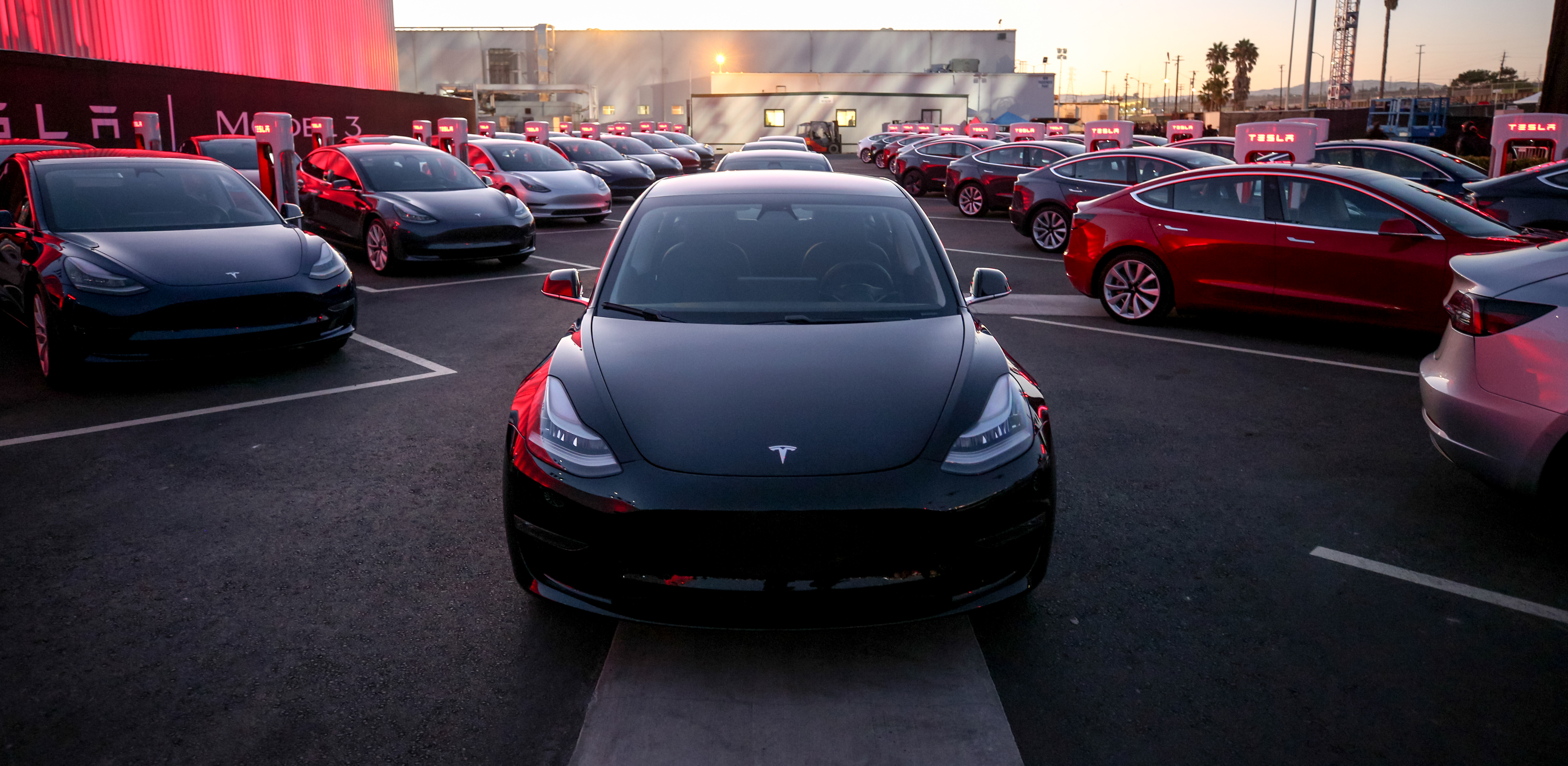The take-private deal teased by Musk and being contemplated by Tesla’s BOD has been pegged as the largest transaction of its kind if it goes through. But most media reports seem to be counting it wrong. At $420 a share, the market cap will be roughly about $70 billion. Take out Musk’s 20% and you have about $58 billion. Compare that with the $45 billion TXU buyout and what you have is a sensational deal that is the biggest so far. $58 billion is the figure being bandied about by the media, but is that the reality of it? Some of the assumptions behind that figure are being offered as facts when, in reality, they are not.
$58 billion is a huge number, so it’s easy to understand the skepticism the deal currently faces in investment circles. What if we broke it down to see what the real number might be if a significant portion of existing investors stays on in a private Tesla?
What will a Potential Deal Look Like?
Elon Musk wants Tesla to go-private. But a leveraged buyout is not an option because banks will not be able to fund Tesla thanks to the amount of debt the company carries in its balance sheet, and also due to the company’s negative cash flow history. Tesla is yet to become consistently profitable, so an LBO is out of the question for now.
This leaves only one other option left: A group of private investors, sovereign wealth funds and large funds with a track record of making big-ticket investments – like Softbank’s Vision Fund.
Tesla has nearly 167 million shares outstanding. At $420 per share, a total buyout would need nearly $70 billion. But not everyone who owns Tesla shares is going to head for a cash-out.
Elon Musk and insiders hold nearly 25% of Tesla Shares. Most of them will convert their shares to the new special-purpose investment vehicle. That cuts the buyout bill by a quarter, to about $52.5 billion.
Large institutional investors hold nearly 63% of Tesla stock. The top four – T.Rowe Price, Fidelity, Baillie Gifford and Tencent – hold nearly 30%. These funds have held their position in Tesla for a very long time, and if Elon Musk convinces them to stay on board after going private then the price of the buyout gets cut in half – to less than $35 billion. Take away another 3-5% from the $70 billion, which was recently bought by the Saudi sovereign fund and you’re left with about $33 billion. That’s a far cry from the $58 billion we started with.
The largest leveraged buyout in history was valued at $32.1 billion, when TXU Energy turned private in 2007. – CNBC
There are plenty of individual investors, large ones like Ron Baron and thousands of small investors who would like to stay. Elon Musk has smartly made it clear that the company may get back to public markets at a later date. So there is an incentive to follow the company into the private world. Even if ten percent of individual investors choose to convert into the special purpose investment vehicle, then the price of the buyout will further drop to $26 billion. A deal far below the TXU one.
What if Tesla wants to take things up a notch, reduce its leverage and have some cash to play with?
Add another $10 to $15 billion to clear debt and infuse cash to accelerate production even further, and what you have is a deal for a lot less than originally estimated.
The point is that it’s not going to be a big amount for a company which is on the verge of maxing out capacity in the United States and has secured Chinese backing to build a factory in the country to find. Indeed, the deal is a complex one. But the money required to make that happen is not as big as it is being portrayed in the media.
As long as Musk and the Board find a way to structure the deal to satisfy regulatory requirements, there shouldn’t be a problem for the mystery investor or group to step in and close the deal. Our numbers may be off a bit, but it’s a much more reasonable estimate than the number being talked about. And there you have it. When the dust settles and the chips are counted, the Tesla take-private deal might not be the largest of its kind.



